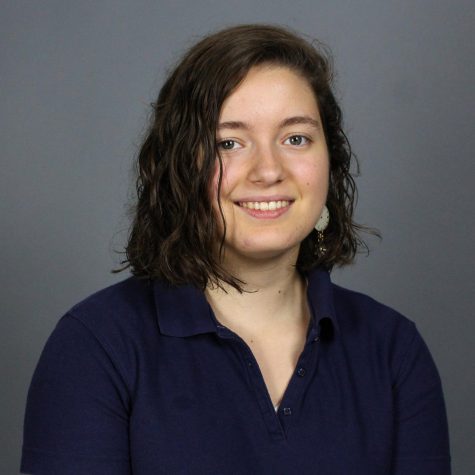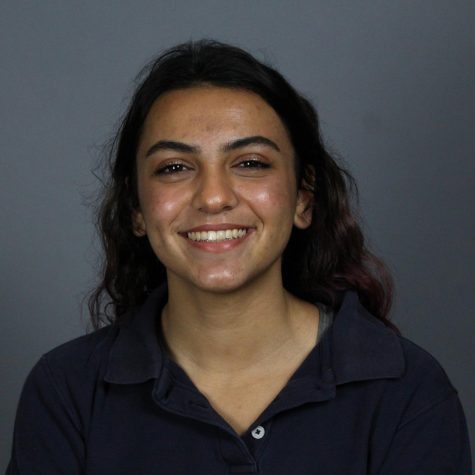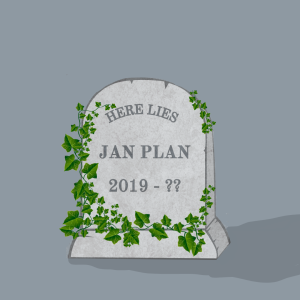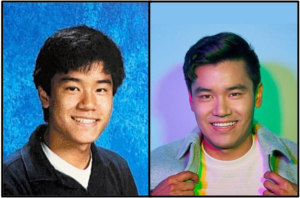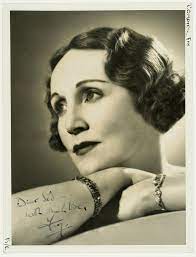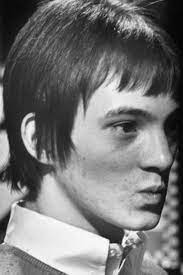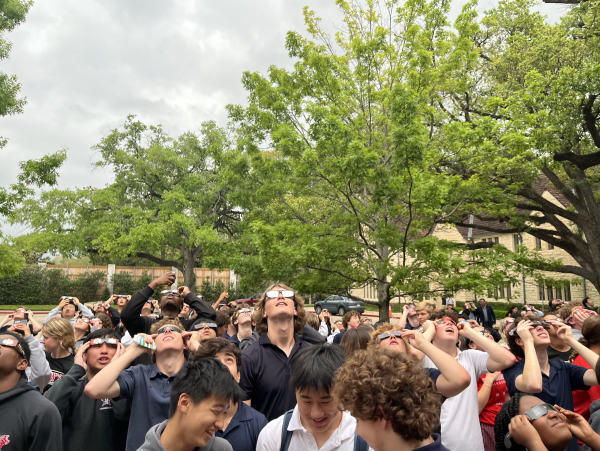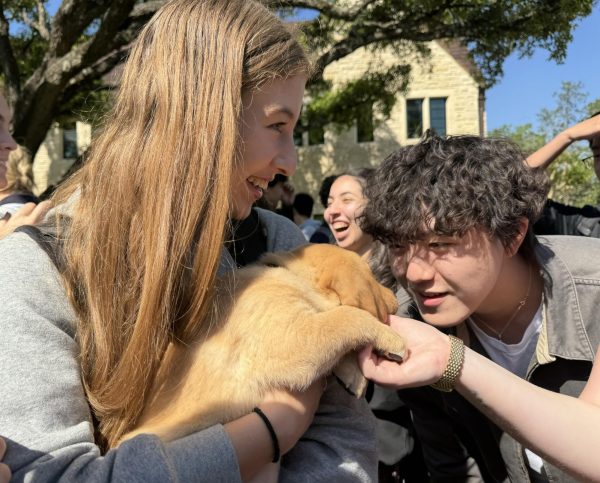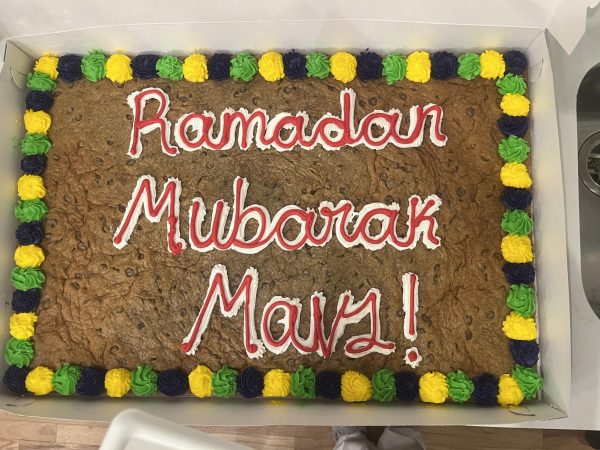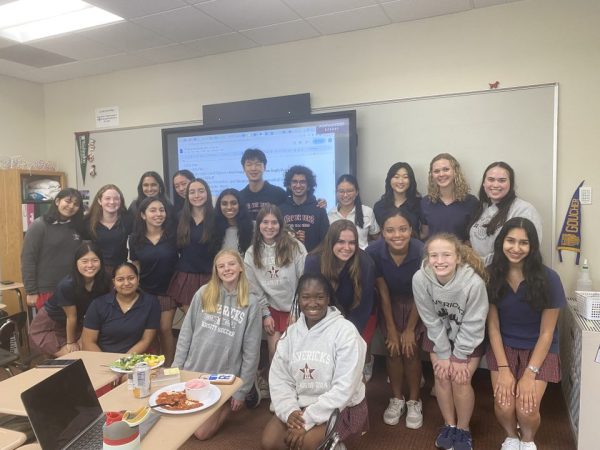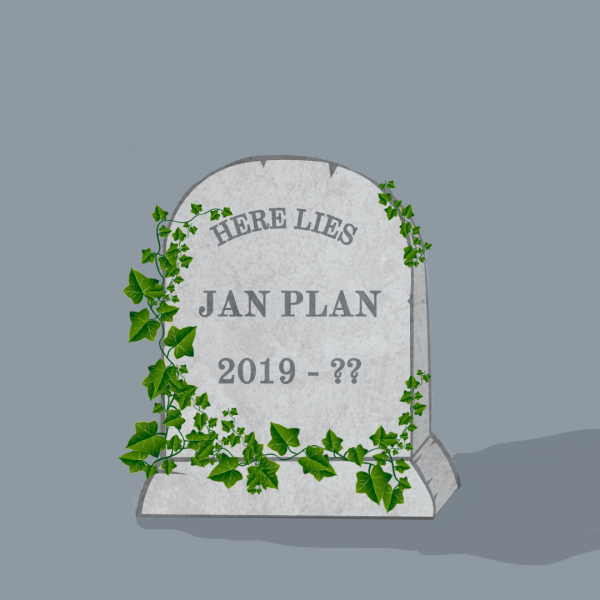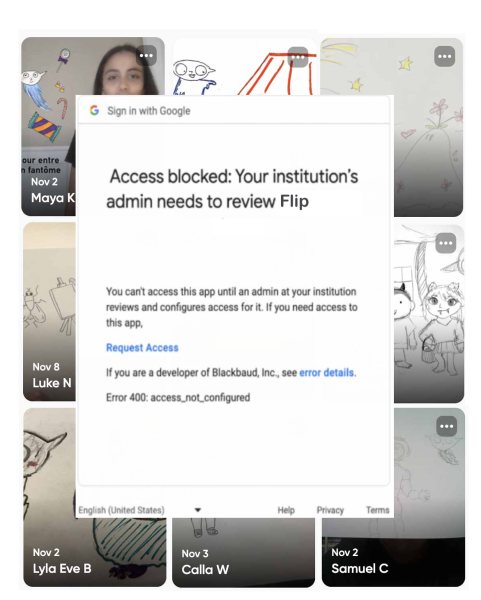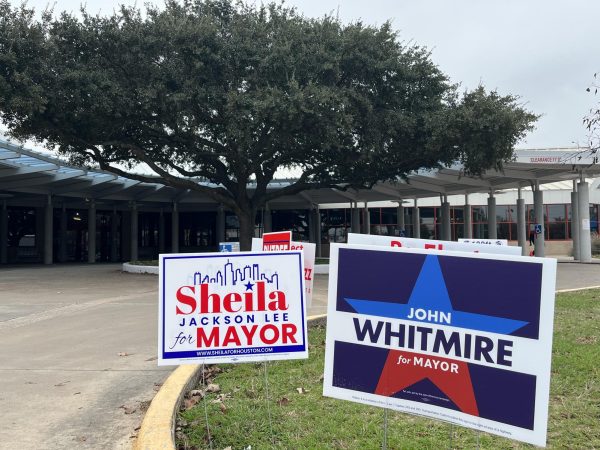Unity Council assembly addresses reconciliation, forgiveness
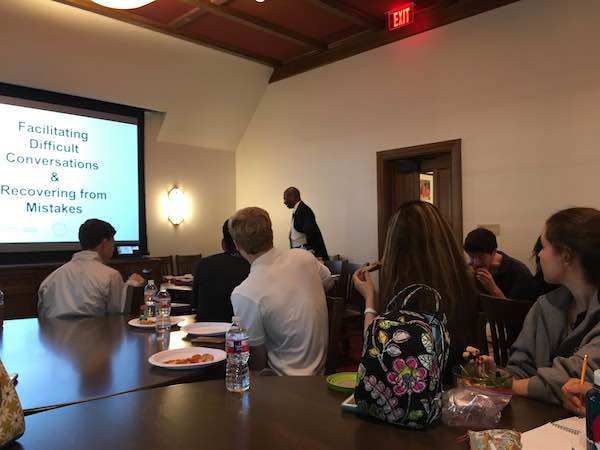
Dr. Frank Dobson, far back and center, converses with students during a Q&A session.
March 28, 2017
Dr. Frank Dobson, Associate Dean of Students and Director of the Black Cultural Center at Vanderbilt University, was invited by Unity Council to speak at an assembly on March 27. Dobson discussed how to handle political or racial conflict and connected his experiences with his main topic,“reconciliation and moving on from past mistakes.”
“This year’s theme for Unity Council is fostering unity in a multicultural society. We want to figure out how to create a productive St. John’s community despite a huge variety of opinions and backgrounds,” Unity Council co-chair Matthew Fastow said. “We wanted someone who could appeal to the entire student body instead of just preaching to the choir for those already involved in diversity work.”
In his speech, Dobson addressed a recent Vanderbilt controversy that showed the importance of seeking reconciliation, even if doing so may create tension. In August 2016, Vanderbilt finally changed the name of the Confederate Memorial Hall to Memorial Hall after much heated debate about the name’s negative connotation.
Unity Council and Dobson followed up the assembly with a Q&A forum during lunch.
The first question of the session related to Dobson’s stance on the Confederate Memorial Hall controversy. Dobson stated his view and encouraged students to formulate their own stances on the issue.
To explain his view, Dobson recounted the reason that Dr. David Williams, a black Vanderbilt professor, would not enter the house. For Williams, entering the Confederate Memorial House was akin to wearing a replica Confederate hat — disrespecting his heritage. Dobson, who has entered the house on numerous occasions before the name change, wondered, “Do I have to turn in my ‘black card’ because I’ve been in the house?”
Students who supported the removal of the Confederate name pointed to the word’s association with racial oppression and the need to overcome past mistakes. Others argued that the building could stand as a reminder of the past, so as to never forget the trials and divisions within the United States during the 20th century.
“Dr. Dobson helped show that diversity work is for everyone, not just minorities,” Fastow said.
The forum allowed students to tackle difficult conversations, especially those dealing with religion, politics and gender. Dobson said that by fostering these conversations, students could move towards greater unity.
“Be brave, take risks, and know what you’re afraid of,” Dobson said. “We have to start with truth.”

